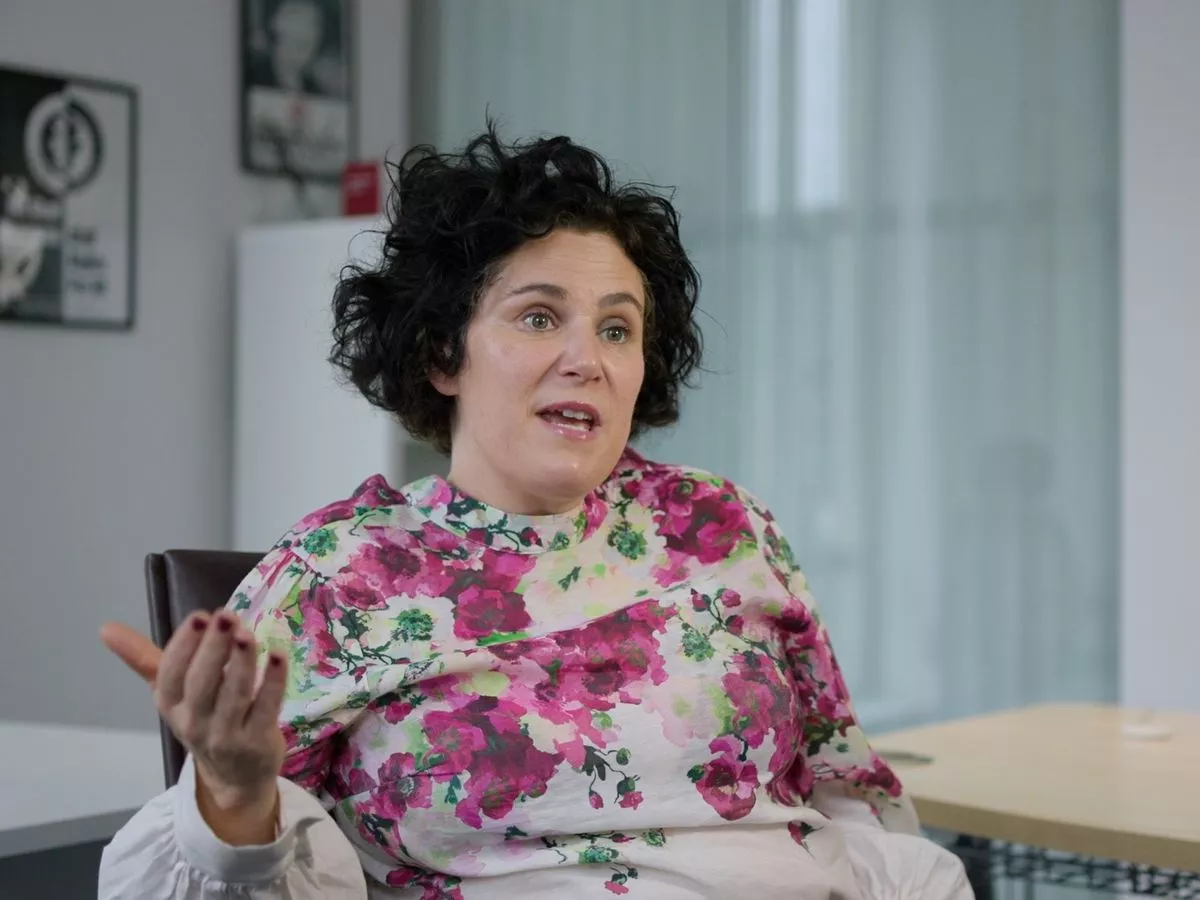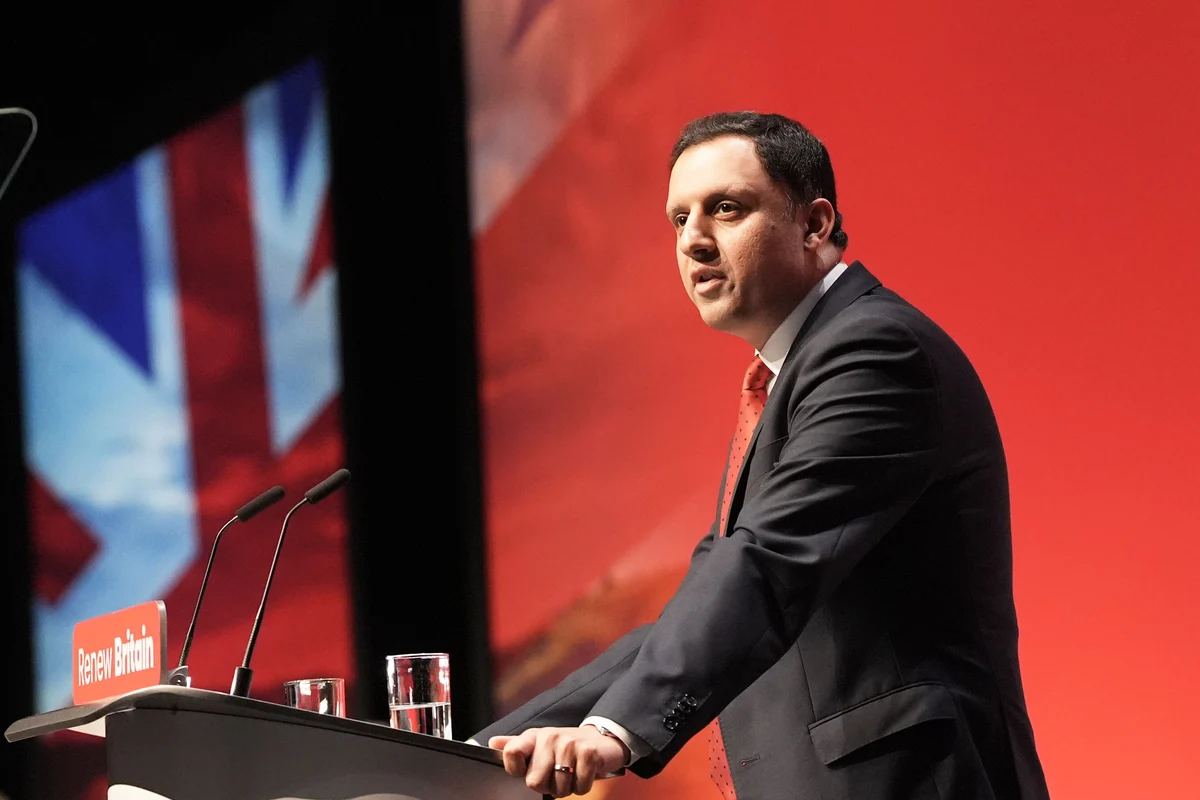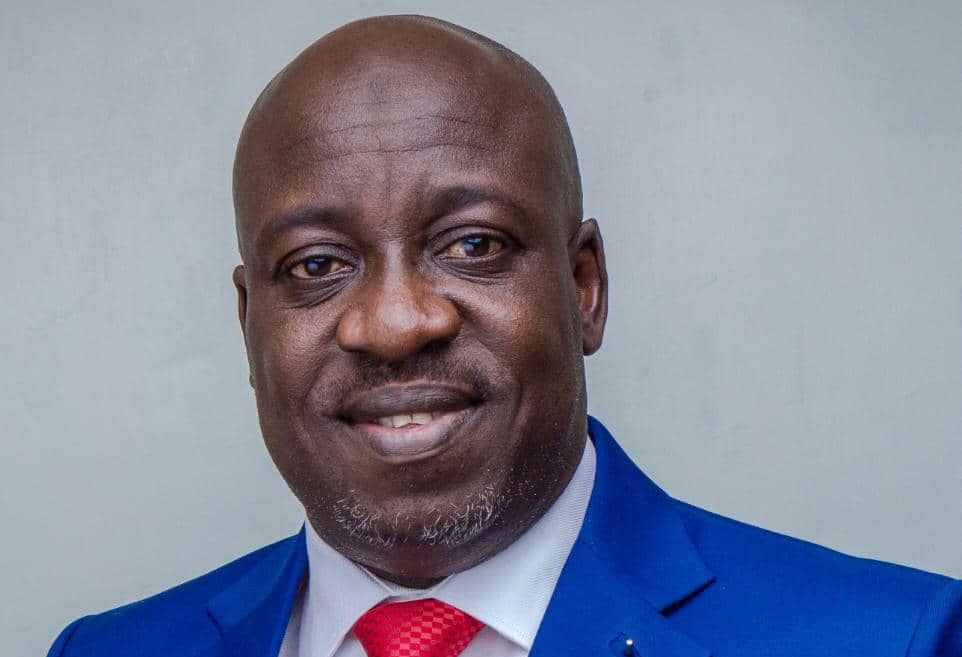By James Martin McCarthy
Copyright belfastlive

As the SDLP gathers for its annual conference this weekend, party leader Claire Hanna insists the mood inside the party is shifting. After what she calls “a tough few years”, she believes the party is finding its feet again and rediscovering a sense of purpose. “Yeah, it’s been a busy year,” she says as we sit in her constituency office off the Ormeau Road. “I’ve enjoyed it. I like getting out and about and meeting SDLP people, people who share my values and seeing the things that they’re doing. We did have a lot of work to do, just partly, I suppose, morale was low. We’d had a tough few years of just building people’s confidence back up, I suppose, building our sense of team.” That rebuilding has not been easy, she admits. She has, in her own words, been “haunting” her elected representatives to demand more of them. “I think people are responding really well to that,” she adds. “Our heads are up a wee bit and we’re looking forward to the next couple of years.” For Claire Hanna, confidence inside the SDLP is not an end in itself but a foundation for how the party can act at Stormont . She says the party, through their role in the Official Opposition, has deliberately sought to move beyond old patterns of accepting any form of government as good enough. “I think we have started to create a culture of accountability that’s been really lacking,” she says. “We’ve moved the narrative on from, well, isn’t it a great thing we have a government, that any government existing is a good thing, to people asking more of the Executive parties who didn’t get these seats out of nowhere. They fought elections and they said that they would do certain things, and they maybe aren’t doing them, and they certainly aren’t doing them to the extent that they should.” The SDLP , she argues, has coupled criticism with constructive alternatives. “We’ve brought forward our own policies, you know, we’re not just critiquing, we’re offering as well on things like housing, on things like Lough Neagh, on ambulance waiting times, on more sustainable finance,” she says. “We’re actually putting forward an alternative.” The SDLP leader is deeply critical of the Executive’s performance since its return. “I’m sorry, but it hasn’t been good,” she says bluntly. “Yes, it exists, although it doesn’t look like it’s the most stable thing, but I don’t think there’s been meaningful progress on so many of the issues that affect people’s quality of life.” She points to stalled capital projects, such as the A5 and Casement Park , as well as slow progress in health reform. “Even the legislative programme that the Executive themselves set out for the reduced mandate is not delivered. We’re not seeing big thinking; we’re not seeing that much coherence. Hanging together and just existing and getting together for a photo op really can’t be the limit of the ambition.” To keep pressure on ministers, the SDLP has set six tests for the Executive, drawn from its own programme. “We’ll be marking them against that because people want to build up confidence in politics as a way of doing things,” she says. “That’s eroded when parties say things and then don’t follow through.” Claire Hanna also takes aim at the way political structures have been used to block decision-making. “The structures as they’ve been used have at times slowed down decision making and designed veto into the political process,” she says. “Reforms can certainly take some of the restrictions on the veto culture away and help things move better.” But she is quick to stress that culture matters as much as structures. “Parties can choose to lead, choose to cooperate, choose to think deeply and yes, at times, to take challenging decisions – and I don’t think that we’re seeing that.” The SDLP has always framed itself as a centre-left, pro-European party, part of the Party of European Socialists, and in Westminster it sits alongside Labour . But Claire Hanna is keen to underline her party’s independence from Keir Starmer’s government. “We think and act and vote in line with our values and in line with the needs of the people that we represent here,” she says. “Sometimes that’s with Labour, but very frequently it’s not – on issues like Gaza , for example, or the two-child benefit restrictions, we have been very, very clear in challenging.” Labour in government has, she admits, been a “disappointment” to many in the SDLP. “Anybody but the most cynical person would have wanted rid of the last Conservative government who were so deeply detached and destructive for this region,” she says. “Labour have been a disappointment to many of us in terms of how they’re approaching economic policy, and particularly on international relations. But where there are positive changes to be made, we will work with them.” At Westminster, Claire Hanna argues, the SDLP’s small presence has still had an impact. She points to the defeat of the Protocol Bill under the Conservatives. “They didn’t drop that because they wanted to drop that. They dropped that because Colum Eastwood and I stood up week after week and said this is nonsense, this is false, and we built a coalition to defeat those proposals.” For her, the bigger picture remains clear, showing that politics in Northern Ireland can be about more than stalemate. “Politics isn’t just about a soft play area for the MLAs to go and keep them, keep them occupied during the week. It’s about power in local people’s hands, showing what we can do when we work together, showing the change that we can make through politics and hopefully, in our view, building towards a new and reconciled Ireland,” she says. The SDLP , she insists, has rediscovered belief in itself. The challenge now is to persuade the public that it can channel that belief into delivery and prove that accountability, not apathy, can define Northern Ireland’s future. For all the latest news, visit the Belfast Live homepage here and sign up to our daily newsletter here.



